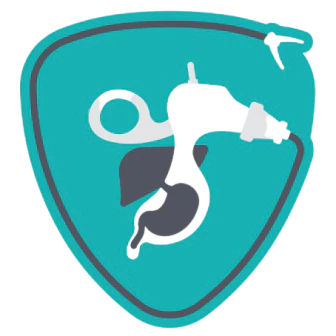Taking proactive steps toward maintaining good health is essential for every woman. Regular preventive health screenings help detect potential health issues early, when they are easier to treat. These screenings provide peace of mind and help prevent serious conditions from developing. By staying on top of recommended screenings, women can reduce the risk of long-term health complications and live healthier lives.
Here are five important preventive health screenings every woman should consider:
- Breast Cancer Screening
Breast cancer is one of the leading causes of cancer-related deaths among women. The good news is that early detection through regular mammograms can significantly increase the chances of successful treatment. A mammogram is a low-dose X-ray that can detect breast cancer early, even before a lump can be felt.
It is generally recommended that women start getting mammograms between 40 and 50, depending on their personal and family health history. Women with a family history of breast cancer may need to start screenings earlier and have them more frequently. Regular breast cancer screening can help detect changes in breast tissue early, allowing for prompt treatment.
- Cervical Cancer Screening
Cervical cancer is another serious health concern that affects women. Fortunately, it can often be prevented or detected early through cervical cancer screenings like the Pap smear and HPV test. A Pap smear checks for abnormal cells on the cervix that could lead to cancer, while the HPV test looks for the virus that can cause these changes.
Women should begin having Pap smears at 21 and continue every three years. Once women reach the age of 30, they can choose to have a Pap test combined with an HPV test every five years. Regular cervical cancer screenings are a vital part of women’s health and can significantly reduce the risk of developing cervical cancer.
- Bone Density Test
Osteoporosis is a condition that weakens bones, making them more likely to break. Women are at higher risk for osteoporosis, especially after menopause, when the body’s estrogen levels drop. A bone density test is used to measure the strength of the bones and assess the risk of fractures.
The test is recommended for women aged 65 and older, but women with risk factors, such as early menopause or a family history of osteoporosis, may need to start testing earlier. Early detection of bone loss allows for treatments that can slow down or prevent the progression of osteoporosis, helping women maintain strong, healthy bones.
- Blood Pressure and Cholesterol Screening
Heart disease is the leading cause of death among women, and high blood pressure and high cholesterol are two major risk factors. Regular blood pressure and cholesterol checks help monitor heart health and identify any potential risks.
It is recommended that women begin having their blood pressure checked in their 20s and their cholesterol levels checked starting in their 40s. These screenings should be done more frequently if you have additional risk factors, such as a family history of heart disease or conditions like diabetes. Monitoring and managing these levels can significantly reduce the risk of heart disease and stroke.
- Diabetes Screening
Diabetes is another common health issue that affects millions of women worldwide. The condition can lead to serious health complications if not managed properly. Regular diabetes screenings, which measure blood sugar levels, help diagnose diabetes early, allowing for effective treatment and lifestyle changes.
Women aged 45 and older should have their blood sugar levels checked every three years. However, women who are overweight, have a family history of diabetes or lead a sedentary lifestyle may need to start screening earlier. Early detection is key to managing diabetes and preventing complications like nerve damage, kidney disease, and vision problems.
Preventive health screenings are an important aspect of maintaining long-term health and well-being. These screenings provide valuable insights into your health and allow for the early detection of potential health problems. By staying proactive and keeping up with recommended screenings, women can catch health issues early when they are easier to manage or treat.
Regular screenings for conditions like breast cancer, cervical cancer, osteoporosis, heart disease, and diabetes are essential for women of all ages. These tests not only help women live longer, healthier lives but also reduce the risk of serious complications. In summary, preventive health screenings play a critical role in protecting your health and ensuring you stay informed about your body’s needs.

